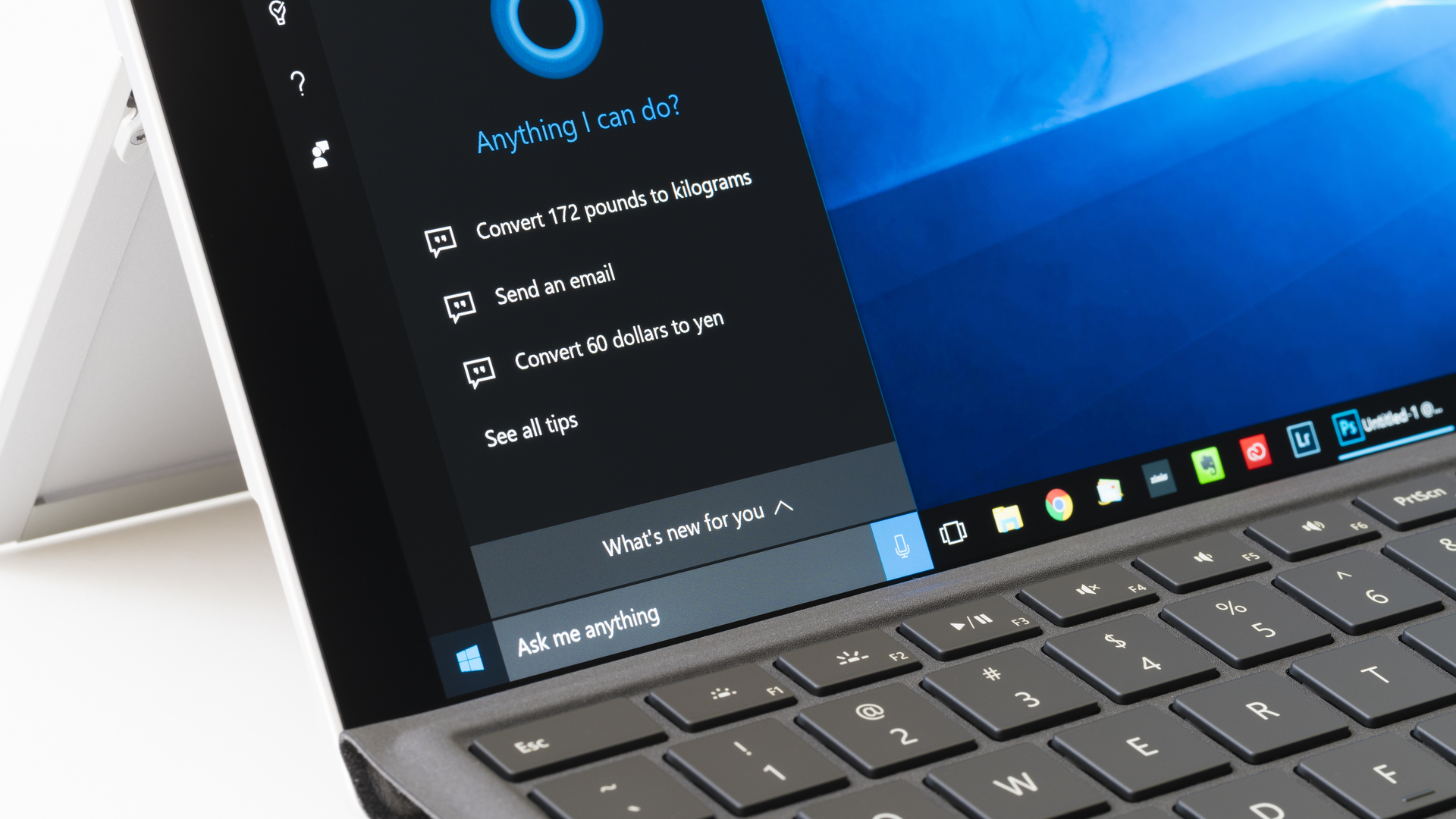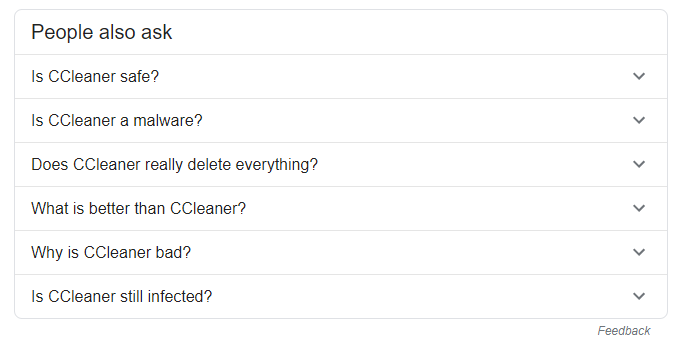Windows 10 now warns you against installing this software
CCleaner is flagged as 'potentially unwanted software' by Microsoft Defender

Microsoft apparently isn’t keen on you installing CCleaner on Windows 10 any more. Bleeping Computer spotted that the software is now flagged to users attempting to install it as “potentially unwanted software” by Windows 10’s built-in antivirus software, Windows Defender.
“Potentially unwanted software” -- sometimes known as “potentially unwanted apps” or PUAs -- aren’t flagged as malware or malicious. But they are potentially annoying.
- The best college laptops to buy now
- Windows 10 just got a new Start menu — how to use it right now
- Just in: Mulan coming to Disney Plus — but you’ll have to pay extra
Microsoft’s explanation seems to back this up.
“Certain installers for free and 14-day trial versions of CCleaner come with bundled applications, including applications that are not required by CCleaner or produced by the same publisher Piriform,” the company writes.
“While the bundled applications themselves are legitimate, bundling of software, especially products from other providers, can result in unexpected software activity that can negatively impact user experiences.”
The bundled applications are Google Chrome, Google Toolbar, Avast Free Antivirus and AVG Antivirus Free. Avast owns AVG as well as CCleaner publisher Piriform.
“While the bundled applications themselves are legitimate, bundling of software, especially products from other providers, can result in unexpected software activity that can negatively impact user experiences,” Microsoft concludes, justifying the flag.
Get instant access to breaking news, the hottest reviews, great deals and helpful tips.
This certainly won’t help software which is still struggling from past reputational damage. A Google search just now suggested a number of questions in the “People also ask” section which the company won’t exactly be thrilled with:

The malware and “infected” questions relate to a malicious version of CCleaner released in 2017 where hackers managed to insert code to steal data from users. It was also rumoured back in 2019 that Microsoft planned to include links to the site on a block list on its own community forums, for fear that enthusiastic amateurs could do more harm than good with the power of a Registry cleaner.
Still, the firm is confident that this latest issue with Windows 10 will prove to be short lived.
“We are in the process of engaging with Microsoft to understand why CCleaner was recently detected as PUA,” a CCleaner spokesperson told TechRadar. “We surmise the issue appears to be around bundling, and we believe we have addressed this so that our product is now no longer flagged.”
Freelance contributor Alan has been writing about tech for over a decade, covering phones, drones and everything in between. Previously Deputy Editor of tech site Alphr, his words are found all over the web and in the occasional magazine too. When not weighing up the pros and cons of the latest smartwatch, you'll probably find him tackling his ever-growing games backlog. He also handles all the Wordle coverage on Tom's Guide and has been playing the addictive NYT game for the last several years in an effort to keep his streak forever intact.
 Club Benefits
Club Benefits






